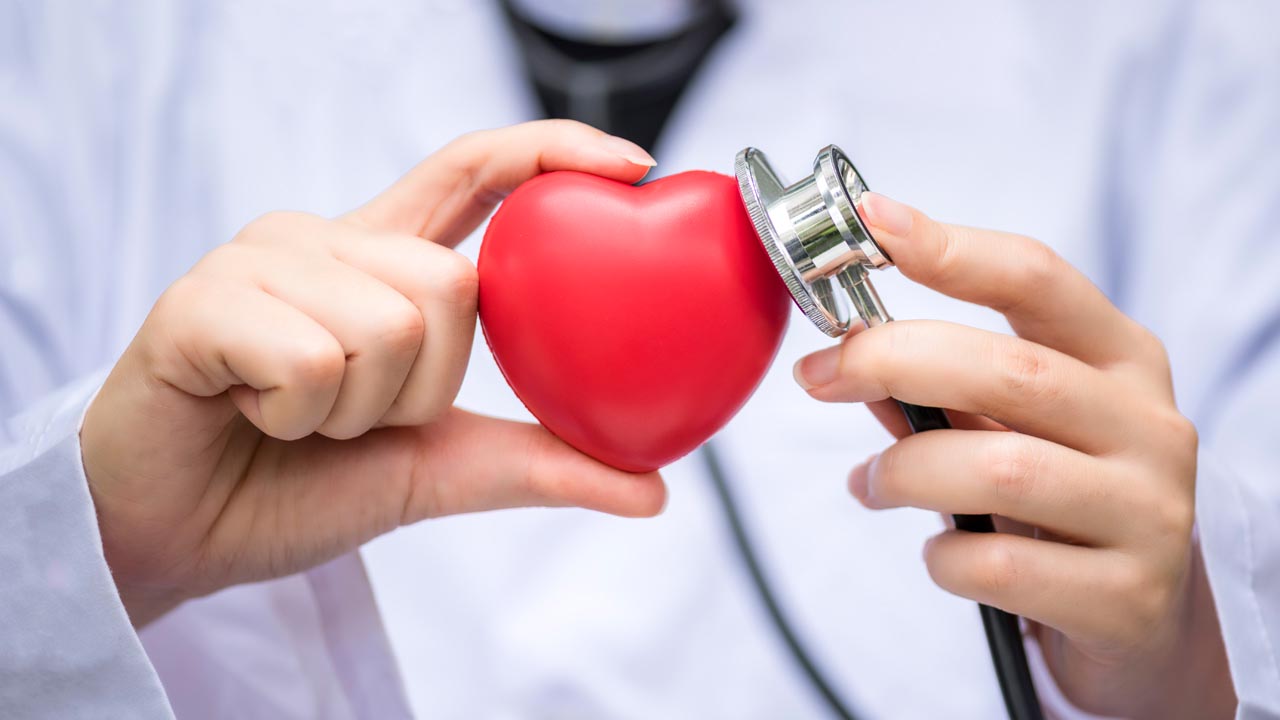Chest pain is one of the most alarming symptoms a person can experience. While not all chest pain is related to heart disease, it’s never something to ignore. It can signal anything from a harmless muscle strain to a life-threatening cardiac event. Because of this wide range of possible causes, knowing when to seek medical attention is critical.
One of the most important decisions you can make regarding chest pain is whether to see a cardiologist, a doctor who specialises in diagnosing and treating heart-related conditions. But how do you know when the time is right?
Understanding Chest Pain
Chest pain doesn’t always mean you’re having a heart attack. In fact, it can stem from many non-cardiac causes, including acid reflux, anxiety, lung conditions, or musculoskeletal problems. However, distinguishing between cardiac and non-cardiac pain can be difficult without medical evaluation.
A cardiologist will look at your risk factors, symptoms, and medical history to determine whether your heart is the source of the pain. Prompt evaluation can make a significant difference in outcomes, especially if the pain is related to coronary artery disease or other heart conditions.
Signs That Chest Pain Could Be Heart-Related
If you’re experiencing certain types of chest pain, it’s important to take it seriously and consult a healthcare provider immediately. You should consider seeing a cardiologist if your chest pain has any of the following characteristics:
- It feels like pressure, tightness, or squeezing
- It radiates to your jaw, arm, neck, or back
- It occurs during physical activity or stress
- It’s accompanied by shortness of breath, sweating, dizziness, or nausea
- It lasts more than a few minutes or comes and goes
These symptoms may indicate a blocked or narrowed artery that’s limiting blood flow to the heart—a condition known as angina—or even an impending heart attack. A cardiologist can conduct tests to determine the cause and suggest appropriate treatment.
Risk Factors That Increase the Need for a Cardiologist Visit
Even if your chest pain is mild or intermittent, certain risk factors increase the likelihood that it’s heart-related. You should strongly consider seeing a cardiologist if you have any of the following:
- A personal or family history of heart disease
- High blood pressure
- High cholesterol
- Diabetes
- Smoking habits
- Obesity or a sedentary lifestyle
- Chronic stress
A cardiologist can assess your overall cardiovascular risk using these factors in combination with your symptoms and may recommend further testing, such as an electrocardiogram (ECG), echocardiogram, or stress test.
When Chest Pain Requires Immediate Attention
Some chest pain symptoms require emergency care rather than waiting to see a specialist. Call emergency services immediately if you experience:
- Sudden, intense chest pain with pressure or burning
- Pain that radiates to the left arm or jaw
- Pain with difficulty breathing or fainting
- A cold sweat, nausea, or vomiting
These could be signs of a heart attack, which requires rapid medical intervention. Once your condition is stabilised, you will likely be referred to a cardiologist for ongoing care and prevention.
Benefits of Seeing a Cardiologist
Even if your chest pain turns out not to be heart-related, visiting a cardiologist can offer peace of mind. They can provide a thorough evaluation, identify potential cardiovascular risks, and help you make informed decisions about your health.
A cardiologist can also monitor your heart function over time, especially if you have risk factors or a history of cardiac symptoms. Early detection and treatment often result in better outcomes and fewer complications down the line.
What to Expect at Your Cardiologist Appointment
During your first visit, the cardiologist will ask about your symptoms, medical history, lifestyle habits, and family history. You may undergo tests like an ECG, blood work, or imaging studies to evaluate your heart’s condition.
Based on the findings, your cardiologist might recommend lifestyle changes, medications, or further testing. In some cases, you may need procedures such as a coronary angiogram or the placement of a stent if arteries are significantly narrowed.
Final Thoughts
Chest pain should never be ignored, especially when it could be related to the heart. Knowing when to seek help from a cardiologist can mean the difference between early treatment and a serious medical emergency.
If you’re experiencing symptoms or have risk factors for heart disease, don’t delay. A visit to a cardiologist can help you understand what’s happening, rule out serious conditions, and take proactive steps to protect your heart health.
Your heart is worth the attention—listen to it.
Keep an eye for more latest news & updates on Daily!



